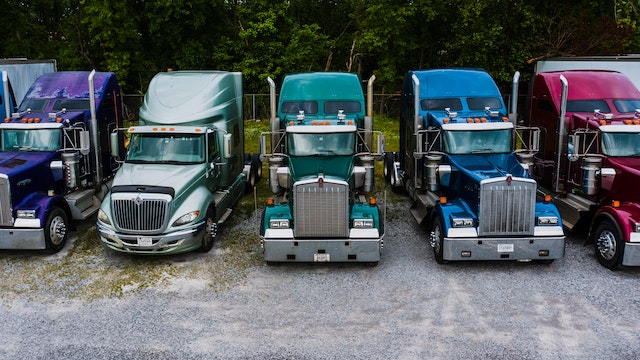Many vehicles used by businesses need to carry cargo. They may be taller or heavier than a standard passenger car. Getting your company car and business vehicles safely and securely relocated to your new worksite can be done efficiently, but you will need to do some research to find the best service.
Table of Contents
Find Shippers With A Great Record
A car carrier carries a great deal of weight and has a longer stopping distance than other hauling vehicles. There are clearance risks associated with these large vehicles, both low clearance along the road and high clearance where vehicles are aligned on the top rack.
The drivers who manage these vehicles on the road and the maintenance teams that keep them moving have particular skills, rare even in the large transport business. If the company that you’re considering hiring doesn’t have an excellent record, look elsewhere.
Check Their Insurance
Even a perfect driver can have a challenge with another driver. In addition to reviewing driving records, make sure that your transport company has all insurance required to get your vehicle to the new location. Check with the Better Business Bureau and the National Transportation Safety Board.
Make sure you also review and bump up your company and vehicle coverage to make sure that your vehicle will be covered in the event that it is
- damaged in a wreck
- dropped in loading or unloading
- lost in transit
While losing an entire vehicle is unlikely, shipping issues can occur. If your vehicle moving company has en route tracing, follow it.
Consider The Cost
Once you have data on transport safety and insurance coverage, it may be time to consider the cost to ship your company cars across the country. Remember that even if your car shipper fully covers a damaged vehicle in the event of an accident, the hassle of being without your business vehicle is a headache you don’t need. Ensure that you ship with professionals with high customer ratings.
That being said, the cost will have an impact on the setup costs at your new facility. Do everything you can to protect your bottom line. Remove add-ons that increase the weight and value of your company vehicle. For example, if you have a toolbox in a company van, pull the tools to protect your bottom line and your lower the weight.
Shipping A Custom Car
If your business has a custom car of a certain vintage or a particular body style, you may want to ship it under a cover. Enclosed car shipping is rather challenging to organize and may require a leader car for the sake of the safety of the driver.
You may have a vehicle that is iconic to your business. It may be an antique, a classic, or an exotic car that you don’t want to be loaded on a traditional transport truck. If it’s too low to the ground or too tall, it may be damaged when loading on a traditional transport vehicle.
An exotic vehicle could also be damaged when exposed to the weather on a cross-country trip, especially if you’re moving it during times of extreme cold, extreme heat, or heavy rains.
Ship In The Winter
Unless you have to ship a vehicle into deep snow and ice country, try to ship in the winter. The rates will be lower simply because the burden on car shippers is lower. You may also be able to get your vehicle delivered in a shorter amount of time and picked up on the ideal day of your choosing.
To get the best results when shipping your car, check their guidelines. Of course, you will want to wash the car and note any dings or damage. If you’re driving your car to the loading location, do your best to make sure that your gas tank is under 1/4 full to reduce the amount of weight your vehicle adds to the total transport.
Recent world events have caused a large jump in the prices of new vehicles. Transporting your vehicle could easily cost less than replacing it on the other side of the country. Do your homework to hire the most skilled loaders and drivers to get your vehicle relocated as safely as possible.


